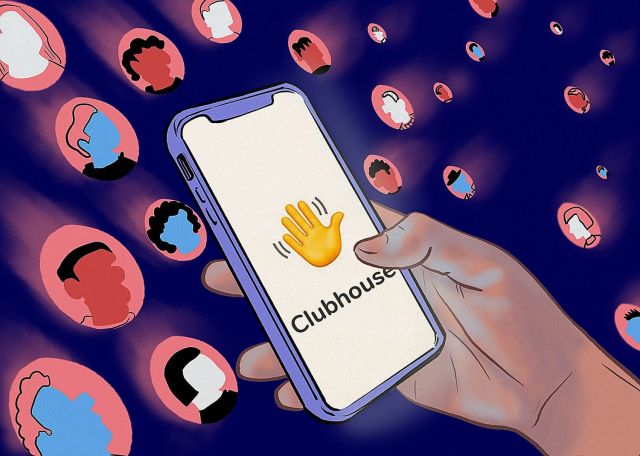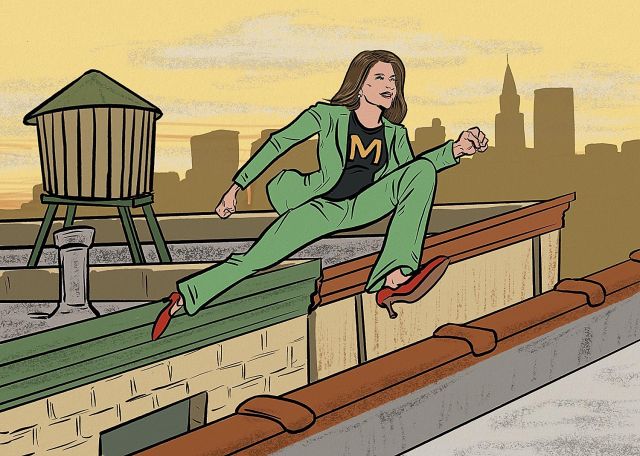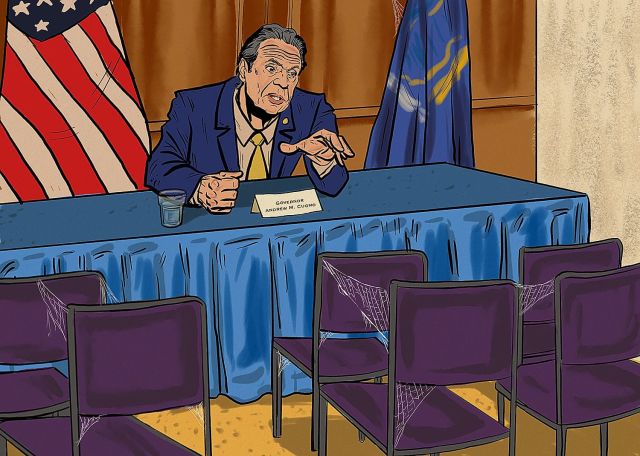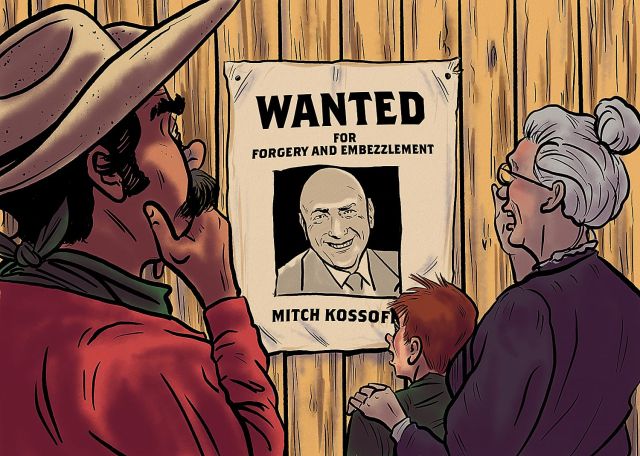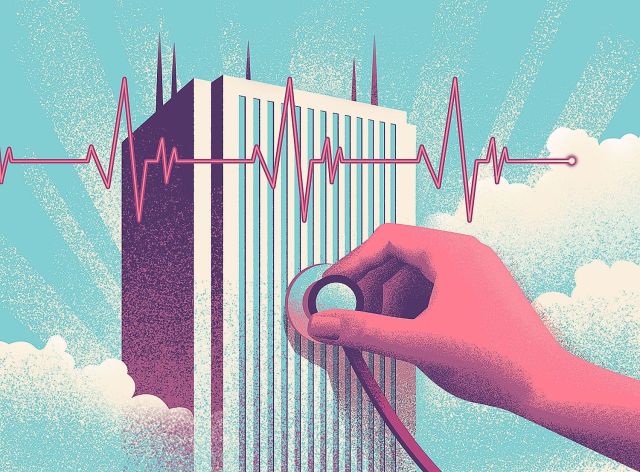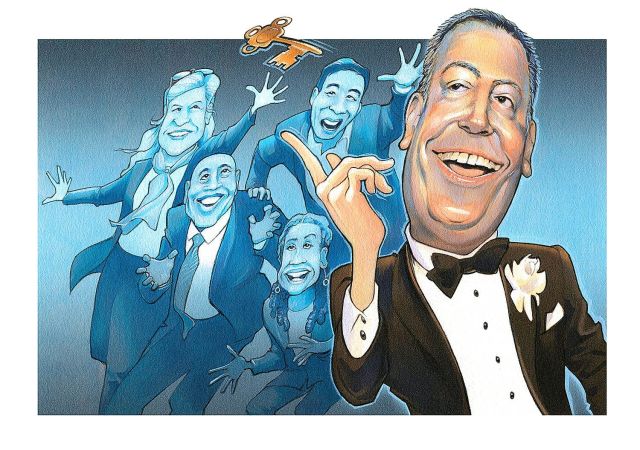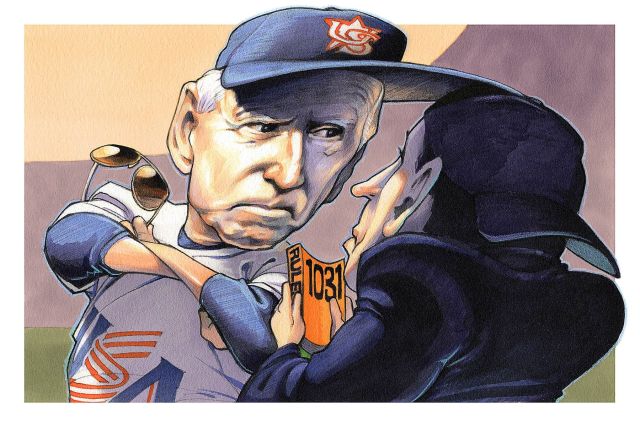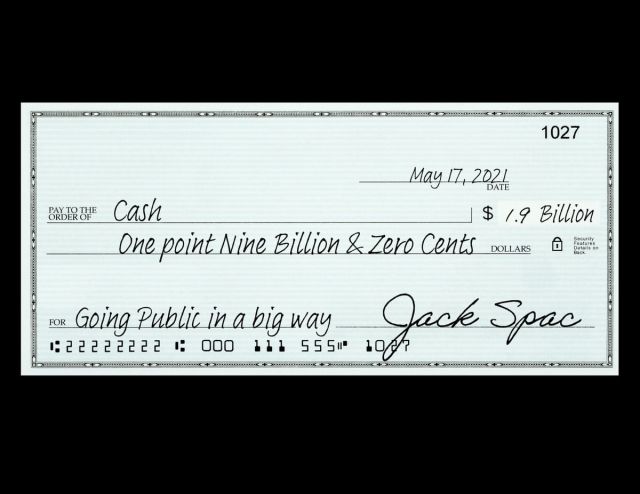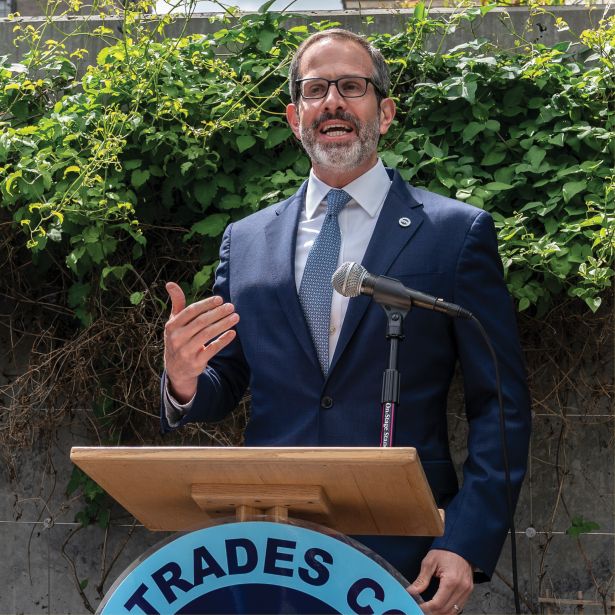
Rich Maroko
President at Hotel and Gaming Trades Council

The Hotel and Gaming Trades Council (HTC), which represents 40,000 non-managerial employees throughout New York and Northern New Jersey, found itself with several reasons to celebrate in 2024.
For one, the HTC is deeply involved in the bidding process for New York’s casino licenses, which council President Rich Maroko sees as a boon for New York’s workers.
“The union was instrumental in passing the legislation that allows for the licensing of casinos in New York state, including the three downstate licenses that are now up for grabs,” said Maroko, who noted that the union currently represents almost 10,000 gaming workers. “We see gaming as a win-win. It creates revenue for the state that will help with things like education and transportation, but also creates thousands of really good-paying, middle-class jobs.”
Maroko is also celebrating the November 2024 passage of the Safe Hotels Act, which the union championed. It includes provisions ensuring that hotel workers are directly employed as opposed to contracted, and has requirements geared toward increasing worker safety.
“That act is groundbreaking in a variety of different ways,” said Maroko. “It required an overarching licensing framework for hotels which had not existed in New York City, and safety and health requirements, including panic buttons for workers and minimum staffing requirements. That was an important victory for the union that will really change the hotel landscape in New York City.”
Maroko organized several hotels from the ground up last year, including the Hotel Gansevoort and the DoubleTree by Hilton in Newark. He considers these significant victories, especially given that negotiating contracts — like the union’s Industry Wide Agreement, the master contract for hotel workers, which he’s gearing up to renegotiate when it expires next year — is the union’s bread and butter.
“In several cases, that included elections through the National Labor Relations Board process, which is historically difficult because we had to face anti-union opposition,” said Maroko. “We were successful in organizing and winning contracts for workers that not only got them significant wage increases of often $5 an hour, but we were also able to win free family health care, a defined benefit pension plan, and real job protections for them. That is the union’s core mission.”

